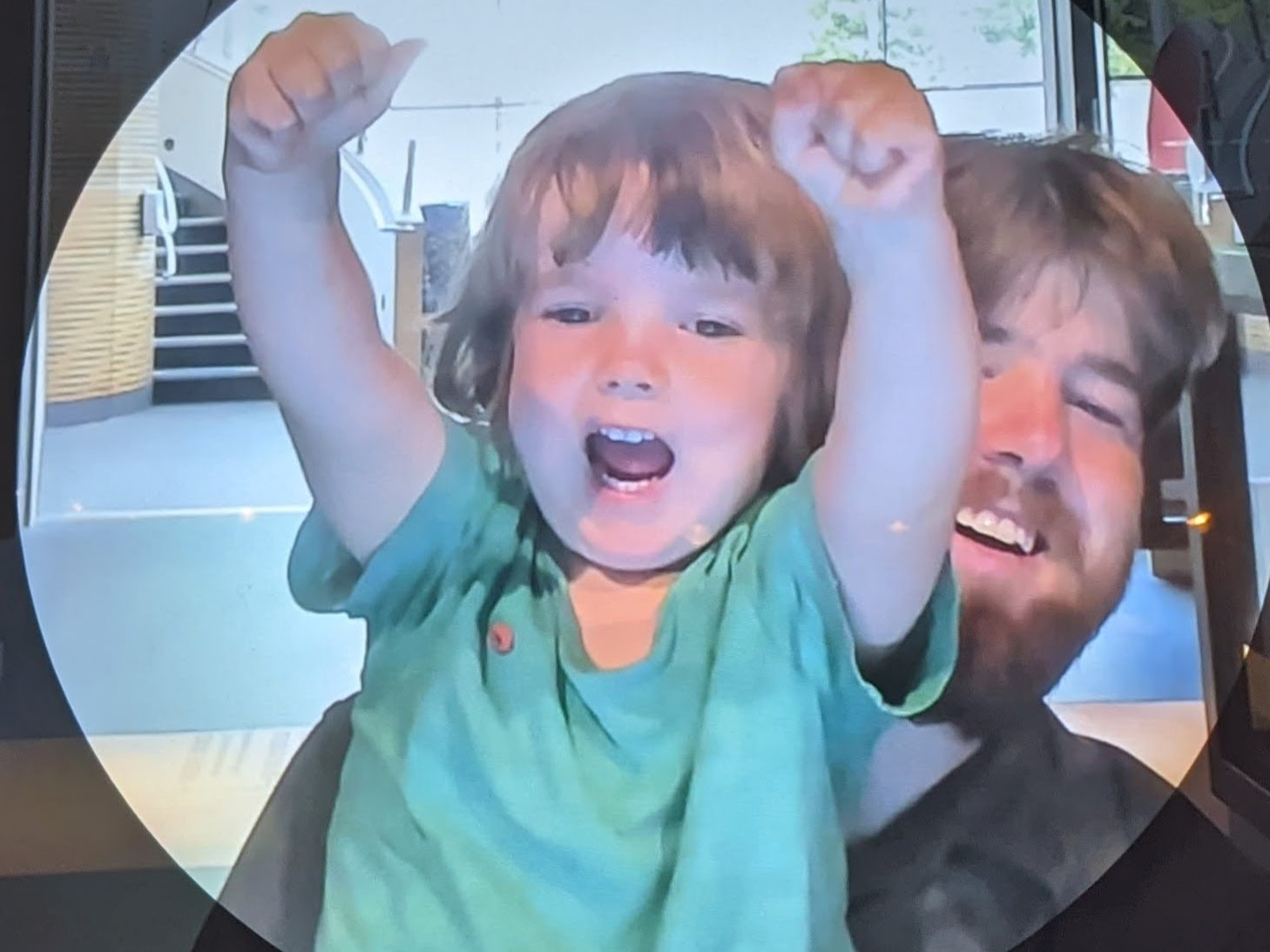Supportive Surveillance
Cognitive behavioural therapy (CBT) for psychological conditions requires people to practice what they have learnt in therapy in their own lives. Non-adherence to between-session tasks in therapy predicts poor outcomes. This often occurs as people experience high levels of emotion and therefore do not have the necessary awareness to stop and use therapy techniques. Our overarching objective is to examine whether in-home and/or wearable monitoring technologies could feasibly be used to increase use of at home therapy practice to augment therapy outcomes. Technology could provide a supportive feedback loop to interrupt compulsions and remind people to use therapy techniques. Although potentially applicable to other conditions, detection of unhelpful behaviour is most obviously achievable in obsessive-compulsive disorder (OCD). OCD is the fourth most common mental health condition, and compulsive washing behaviours are seen in around 60% of cases.
Specific objectives include assessment of: 1) perceived acceptability for monitoring technology, from the perspective of both patients and therapists; 2) technical feasibility of detecting compulsive washing behaviour; 3) legal feasibility of collecting and using such data from the point of view of privacy rights, patient consent and safeguarding data flows.
We surveyed 103 people with lived experience of OCD and 15 mental health professionals to invite their views on the overall concept and three proposed implementations for detecting and interrupting compulsive handwashing: a simple tap sensor, a more advanced but potentially intrusive tap-mounted camera system, and a smartwatch app. The majority of respondents were supportive of the concept. From our results, it is clear that there is no single best solution to this problem - individual concerns and differences must be taken into account - but there is sufficient support to justify further investment in the concept.
Detailed results to be published soon.
